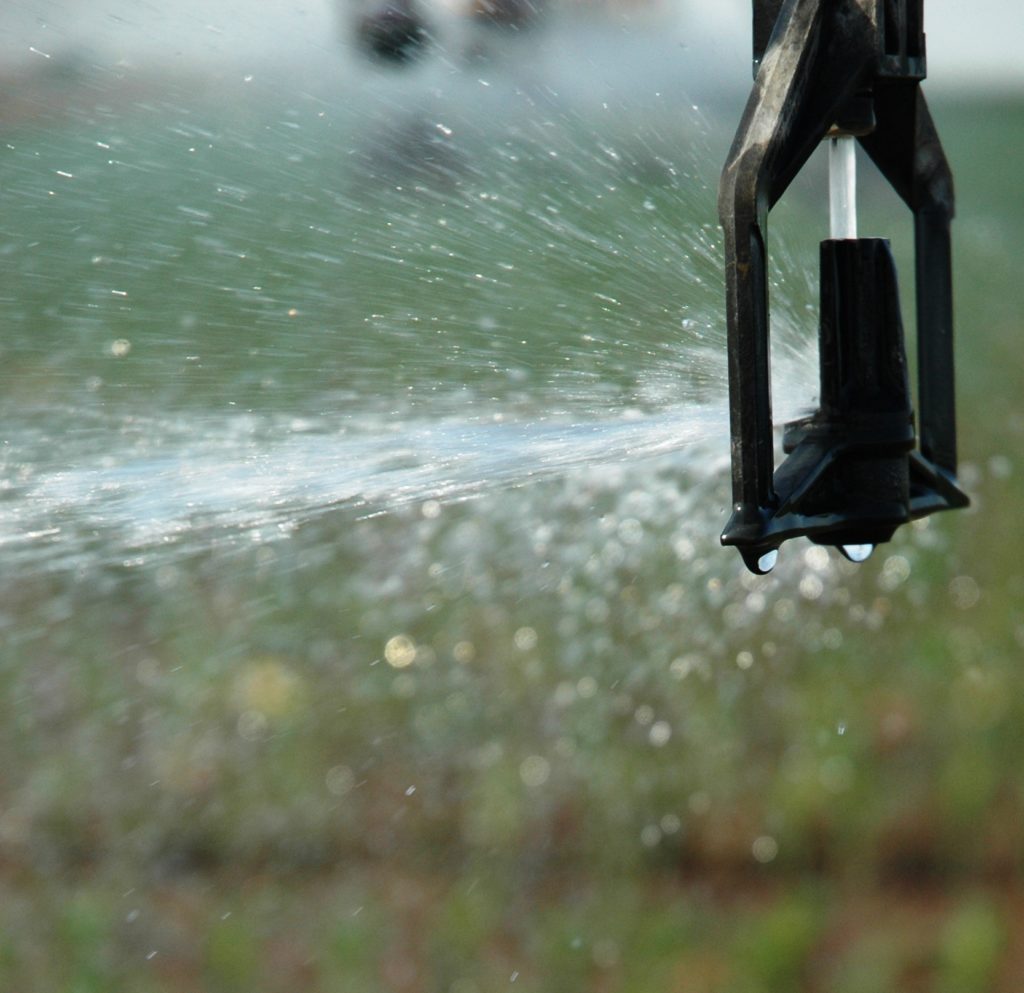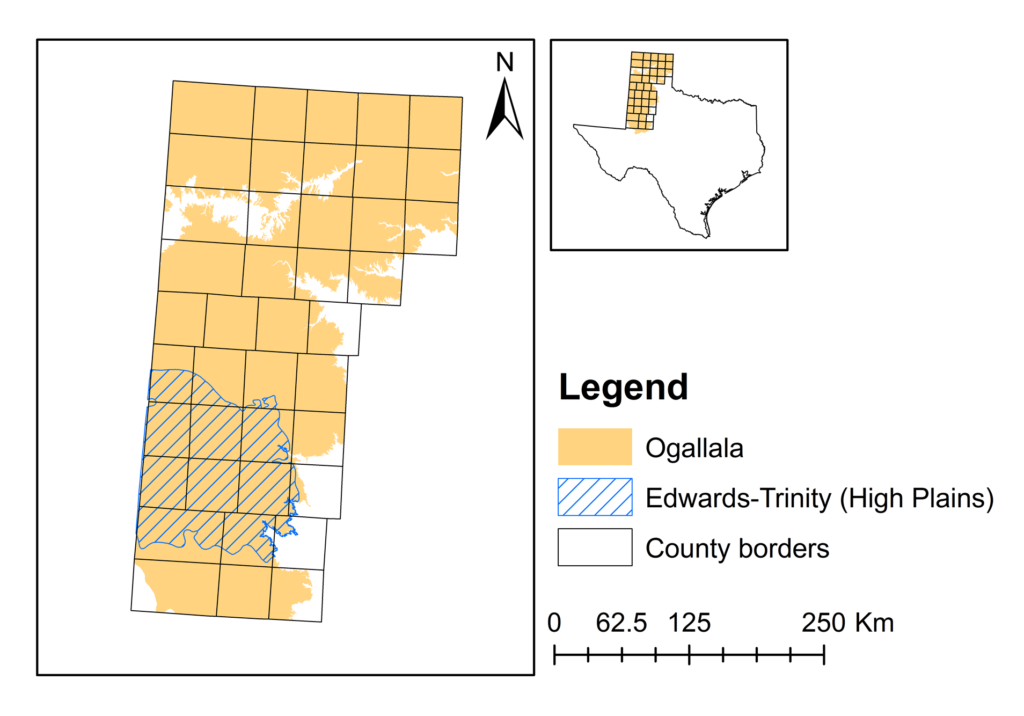Ogallala Aquifer Summit to tackle tough management questions
Representatives from eight states to convene in Amarillo
“Tackling Tough Questions” is the name of and framework within which participants will work at the 2020 Ogallala Aquife Summit, set March 31-April 1 at Embassy Suites in Amarillo.
Brent Auvermann, Ph.D., director of Texas A&M AgriLife Research and Extension Center in Amarillo and program chair for the conference, said this summit is for anyone concerned about water, whether a public official, agricultural producer, consumer or youth.
More information on the summit or registration links can be found at 2020 Ogallala Aquifer Summit. Texas A&M AgriLife is co-hosting the summit with the Ogallala Water project, Kansas Water Office and the U.S. Department of Agriculture Ogallala Aquifer Program.
“This year’s Ogallala Aquifer Summit is about learning to think together,” Auvermann said. “We need to devise new ways of configuring ourselves to extend the life of the aquifer.”
The Ogallala underlies eight states – Texas, New Mexico, Oklahoma, Colorado, Kansas, Nebraska, South Dakota and Wyoming. The aquifer supplies water for about 25% of U.S. agricultural production and more than 40% of U.S. feedlot beef cattle. It also supplies drinking water for 82% of the people living within its boundaries, according to a Ogallala Water Coordinated Agriculture Project, CAP, report.
“It’s the Tragedy of the Commons repeated,” Auvermann said. “Extract as much as you need to drive your own profitability, and even though your aquifer levels drop, you don’t suffer any more than anyone else. That dynamic plays out when you have common pool resources like an aquifer. And it’s not just a challenge for groundwater users. In fact, economists have seen that dynamic at work with many other natural resources.”

Auvermann said he has studied the efficiency paradox for more than 10 years and has contributed a white paper to the conference proceedings on his findings.
“We’ve been enormously successful in designing new, more efficient irrigation widgets, and a lot of that innovation has taken place here in the High Plains. But efficient widgets, as important as they are for farm profitability, won’t solve – can’t solve – our long-term problem of the declining aquifer,” he said.
Typically, to change the trajectory, Auvermann said, the standard approach is more government control – government subsidies and government regulations.
The summit is intended to energize the development of a broader range of alternatives, including private, voluntary associations that are willing to police themselves and experiment with institutional structures to accomplish a common goal.
“We wanted to look at the human dimension – decision-making and social values – that is at work behind the dilemma between saving water and sustaining profits,” Auvermann said.
He said the conference will focus on the part of aquifer management involved with organizing, governing and experimenting, and answering the question, “Might we need to rebalance our research portfolio?”
Tackling the tough question head on will be keynote speaker John Tracy, Texas Water Resources Institute director, College Station. His topic is titled “Sustaining an Economy with an Unsustainable Resource: Fighting, Accepting or Driving Change.”
“Over the years, we have become more and more efficient through technological advances, but we really aren’t reducing our withdrawal of water from the Ogallala. Instead, we tend to plow our savings back into producing more revenue. As we become more efficient with irrigation, we can irrigate marginal land and still produce profitably. Those dynamics are a death spiral played out in super slow motion, especially for an aquifer that doesn’t recharge very fast.”
The overall Ogallala Water project specifically targets large problems by leveraging existing expertise and stakeholder partnerships across the state lines, said Meagan Schipanski, Ph.D., assistant professor, Department of Soil and Crop Sciences at Colorado State University. She serves as the Ogallala Water CAP co-director. The first Ogallala Aquifer Summit was held in 2018.
“The 2020 summit is about learning to think together and letting states learn from one another and from their own experiments in self-organization,” Auvermann said. “We’ve seen a few local successes, so what can we learn from them? And how might we do them better? These are tough questions, but we’ve got to get comfortable asking them. We need to try new ideas, be willing to fail, and then be willing to try again.”



